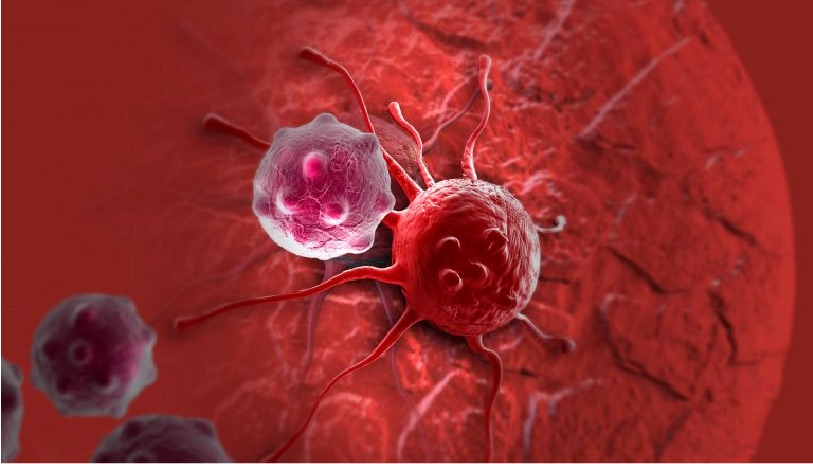
Breast cancer is the most common tumor among women worldwide and has a profound impact on individuals and society. Aside from being a leading cause of cancer-related death, patients often undergo invasive treatments such as surgery, radiation, and chemotherapy, which may result in long-term side effects and reduced quality of life. Additionally, the healthcare burden of breast cancer is immense. This makes effective, timely, and personalized treatments a critical need.
A recent study published in Scientific Reports presents a microfluidic-based method for growing breast cancer organoids that significantly reduces the culture time while maintaining essential structural and drug response characteristics. This method could be the key to developing personalized breast cancer treatments in the future.
Continue reading “Microfluidic Organoids Could Revolutionize Breast Cancer Treatment”

